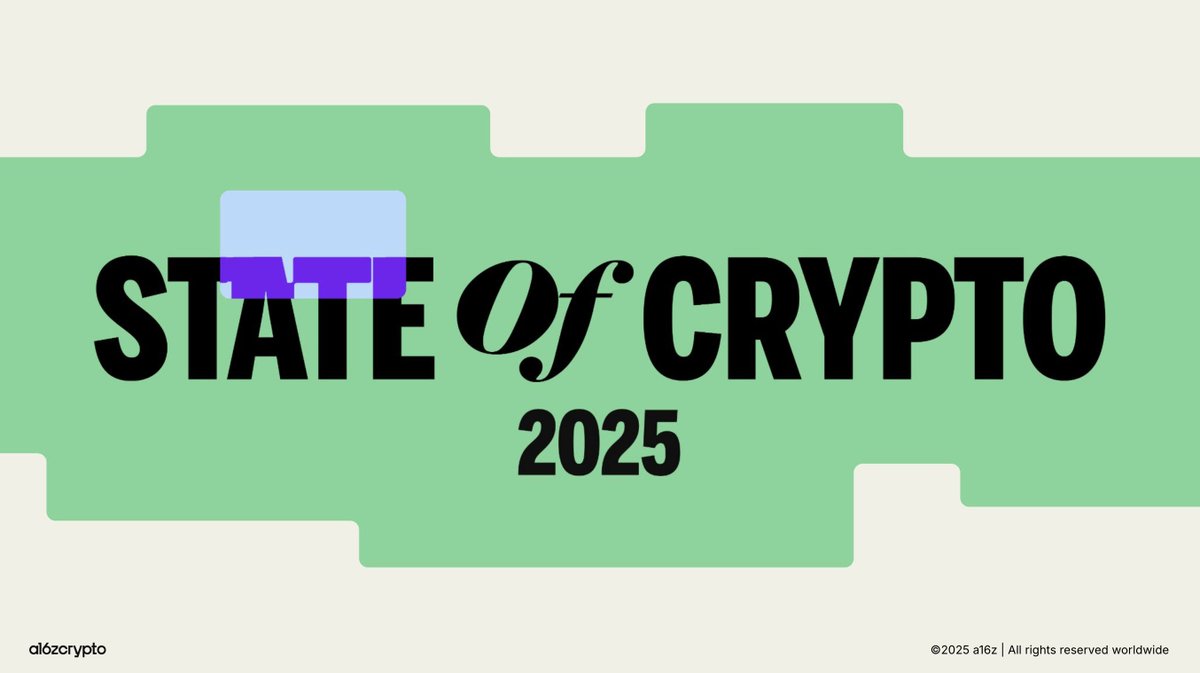1/ Topic: Going from Web 2 to Web 3 - “Your take rate is my opportunity” 🧵
2/ Jeff Bezos famously said "your margin is my opportunity" referring to the way Amazon took market share by lowering prices and eating into competitor margins.
3/ What Amazon did in commerce is what the internet did more generally. Lowering prices and redistributing value back to users has been the internet’s core economic dynamic since the 90s.
4/ Craigslist did this with classifieds, Google and Facebook did this with media, TripAdvisor and Airbnb did this with travel, and so on.
5/ Today this trend continues as Web 3 startups begin to eat into the margins of Web 2 incumbents. The higher the take rate, the more vulnerable the incumbent.
6/ The video games industry does about $120B/year in sales, a significant portion of which is virtual goods. Most video games have 100% take rates.
7/ Web 3 (aka crypto) games reduce the take rate dramatically. For example, Axie Infinity has generated over $1B in gross sales in the past year, most of which has gone back to users.
https://twitter.com/jihoz_axie/status/1422772933680762887
8/ In most video games, some people pay to get ahead and other people work to get ahead. The difference in Web 3 is that the economy is peer to peer: players fund other players, not just the game developers.
9/ Today there are over 8 million musicians on streaming services, yet less than 15,000 musicians (less that 0.2%) make more than $50K/year. That’s because the vast majority of the revenue is kept by the streaming services and music labels.
10/ With NFTs, musicians keep over 90% of sales. By cutting out layers of intermediaries, musicians can credibly support themselves with just a thousand true fans: cdixon.org/2021/02/27/nft…
11/ Social media platforms like Twitter, Instagram, and TikTok have take rates of 100% — they don’t share any revenue at all with creators! That’s been great for them but bad for users.
12/ In contrast, Web 3 social platforms like Rally, Mirror, and BitClout have effective take rates well below 10%. Most of the value is sent back to users and creators.
13/ Web 2 platforms depend entirely on creators for content, yet give only scraps back. This is not sustainable. Web 2’s take rate is Web 3’s opportunity.
• • •
Missing some Tweet in this thread? You can try to
force a refresh








